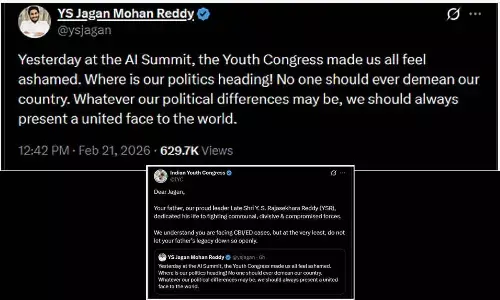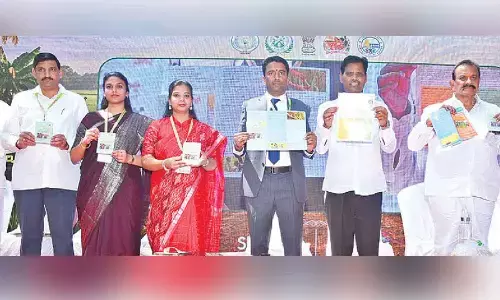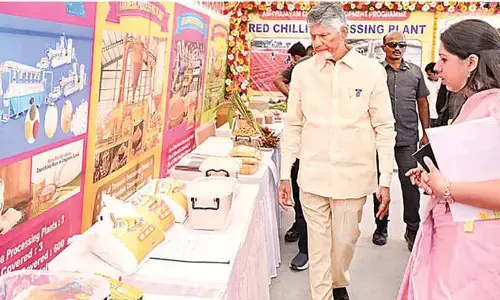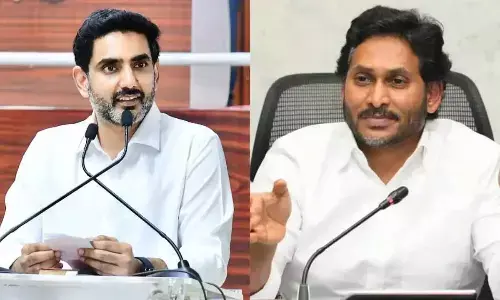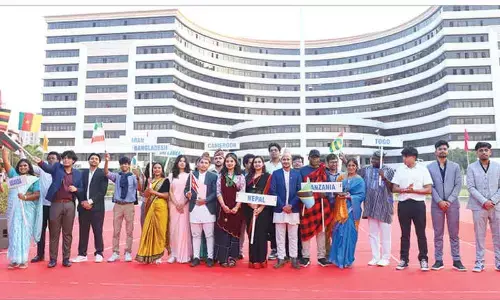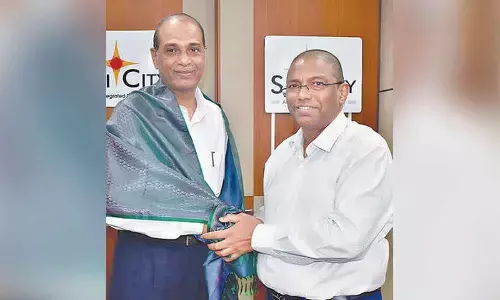Streamlining GST should be government's key focus
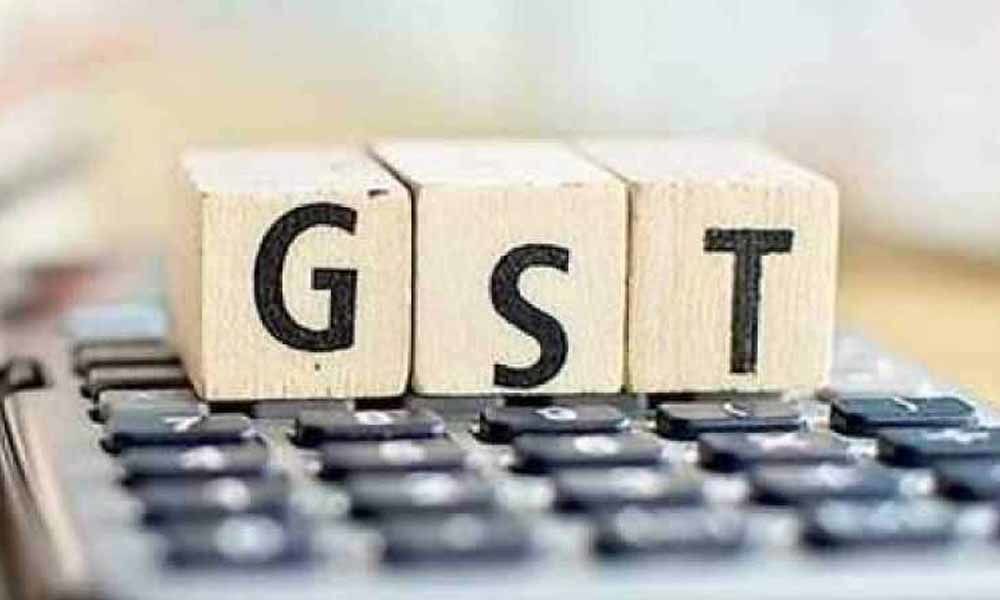
Potential micro-level changes needed to improve the efficacies of the historic tax initiative also need to be examined.
In the context of the Union Budget, we need to analyse what big-ticket items have been missed since the introduction of GST. Potential micro-level changes needed to improve the efficacies of the historic tax initiative also need to be examined. The objective is to ponder over possible improvement areas in the tax for fast-pacing the growth and development of the nation.
Existing lacunae in the GST framework:
It was expected that GST rate slabs would be restricted to a maximum of two to three. However, five slabs were announced in addition to exceptions for few goods and services. The focus should have been on keeping the 28 per cent slab as lean as possible.
The announcement in changes from GSTR-1 to 2A, 2 and thence to 3 was seen as a welcome move by professionals. However, the journey was short-lived with the dropping of GSTR-2A, 2 and 3 and the introduction GSTR-3B. The deadline for filing the returns also continued to get postponed.
Reverse Charge Mechanism (RCM) also witnessed a major step backwards. Except for certain notified goods and services offered by professional agencies like law firms, Goods and Transport Agency (GTA), insurance agent services, among others, the RCM for supply from an unregistered to a registered entity never took off.
The exemption of petroleum products from GST denied the set-off opportunity for one of the major cost components. The creation of an exclusive sixth GST rate slab for petroleum products could have facilitated the availability of Input Tax Credit (ITC) and the cascading effect of tax could have been avoided.
Businesses operating across different states are required to register in each state and union territory (UT). It was anticipated that the government may bring in single registration for one PAN. Its early implementation will be a huge relief for entities operating on a Pan-India basis.
Need for crucial micro-level changes in GST:
There is no scope for rectification in Annual Returns. The government should consider a provision to enable filing Annual Returns within a specific time period for first-time filers.
There is no justification for bringing membership or maintenance charges levied by Cooperative Housing Societies under the GST ambit. The levy of GST on commercial transactions such as renting of society premises for functions, hoardings and advertisements can be termed as valid. There is no rationale behind charging GST even on monthly maintenance amounts exceeding Rs 7,500.
Key services like law firms should be brought under the purview of GST and the system of paying GST under the RCM method should be discontinued.
Small businesses were extended the facility of filing quarterly GSTR-1 returns instead of filing them monthly. Small businesses filing quarterly returns, while others are filing monthly returns, is not serving the purpose as reconciliation in such cases cannot happen on monthly basis as one has to wait till the quarterly returns are filed by the small businesses. Hence, everyone should be allowed to file quarterly returns.
Many service providers import services and export. The RCM mechanism facilitates payment of GST on import of services. However, a lack of outward GST liability owing to full export of services prompts them to apply for refund of GST paid on imports. This refund should be processed expeditiously to unblock their working capital.
The threshold limit for composition scheme of Rs 1.5 crore is very less for the supplier of goods. It is advisable to increase this limit to Rs 5 crore for suppliers who exceed this limit but still do not qualify as big suppliers owing to profit margins.
There is a Tax Deducted at Source (TDS) provision of 2 per cent (1 per cent+1 per cent) for supplies to government authorities. The problem in such cases is that, till the time the return is filed by such government authority, the supplier cannot take the credit for this 2 per cent and this amount gets blocked. Though this percentage looks small, the absolute amount tends to get high, impacting the working capital for the suppliers and the TDS unnecessarily becomes 'tedious' for the suppliers! Can we not do away with this TDS provision completely?


